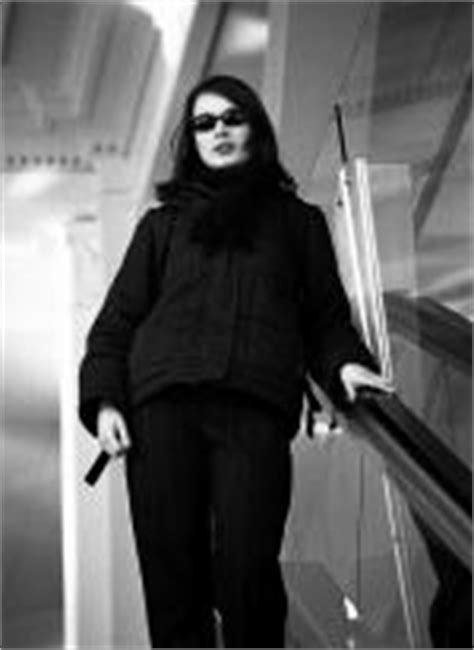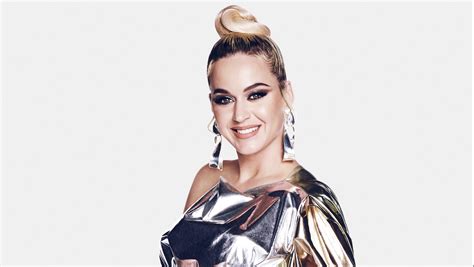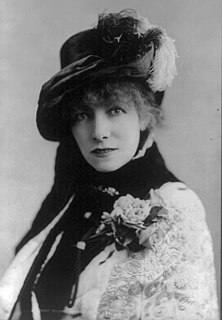A Quote by Marcelene Cox
Eating without conversation is only stoking.
Quote Topics
Related Quotes
Eating by myself in my own apartment, single and alone again for the first time in many years, I should have felt, but did not feel, sad. Because I had taken the trouble to make myself a real dinner, I felt nurtured and cared for, if only by myself. Eating alone was freeing, too; I didn't have to make conversation.
When I'm taking the subway to my improv shows I will be writing in my notebook different actions that I see people doing on the train whether it's eating yogurt or looking at where their stop is, or tripping or holding a baby. It's not preparing scenes and ideas as much as it is stoking your brain to think observantly. Just to place observations in your head, so that they are available somewhere.
Almost always when I told someone I was writing a book about "eating animals", they assumed, even without knowing anything about my views, that it was a case for vegetarianism. It's a telling assumption, one that implies not only that a thorough inquiry into animal agriculture would lead one away from eating meat, but that most people already know that to be the case.
The symbolism of meat-eating is never neutral. To himself, the meat-eater seems to be eating life. To the vegetarian, he seems to be eating death. There is a kind of gestalt-shift between the two positions which makes it hard to change, and hard to raise questions on the matter at all without becoming embattled.
There may be an art to conversation, and some are better at it than others, but conversation's virtue lies in randomness and possibility: people, without a plan, could speak a spontaneous, unexpected truth, because revelation rules. Telling words recur in this smart, generous conversation between Stephen Andrews and Gregg Bordowitz: patience, responsibility, feminism, ethics, cosmology, AIDS, gift, freedom, mortality.





































